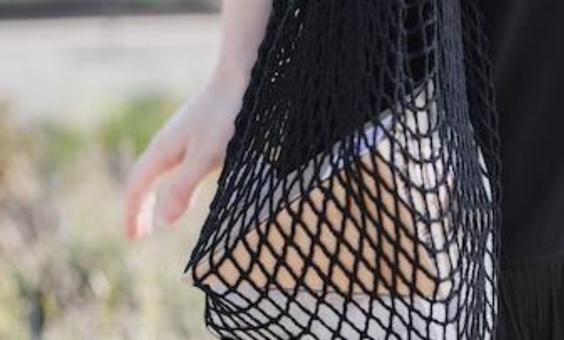Turtle Bags

- Location Worcester
- Working on Environment, including pollution, waste and ocean pollution, plus healthy fair working
It might seem like a leap to get from turtles to bags, but we would like you to first think about the leatherback turtle. To reach Britain, they migrate over 7000km, attracted by the swarms of jellyfish off our coast. But, having travelled all that way, sometimes when they reach for a snack, it’s not a jellyfish, but a plastic bag.
For founder Beth Williams, this was enough to make the turtle the symbol of her company. “This was back in 2001 when plastic bags were still spilling off British supermarket tills,” she says. Turtle Bags was the result. Two decades later, Beth has even been held up by the UN as an example.
Now their organic cotton string bags are supplemented by cotton produce bags (to save you picking up more plastic in the fresh section) and by hip but sturdy jute shoppers. Everything you need to feel both cool and virtuous.
Why they are different:
Have you ever looked at a woman on Instagram skipping airily round a market? Seen her bag overflowing with bread and leaves and fruit and wondered where, exactly, she got it? Turtle Bags are your answer.
Why they are kind:
They only use Fairtrade and organic cotton, with farmers working to improve the quality of their land and increase biodiversity. The other amazing thing (and this actually did take us by surprise) is that organic cotton uses 91% less water than conventional methods of growing.
A leatherback turtle migrates over 7000km to reach Britain, attracted by swarms of jellyfish. But, having travelled all that way, sometimes when they reach for a snack, it’s not a jellyfish, but a plastic bag.
